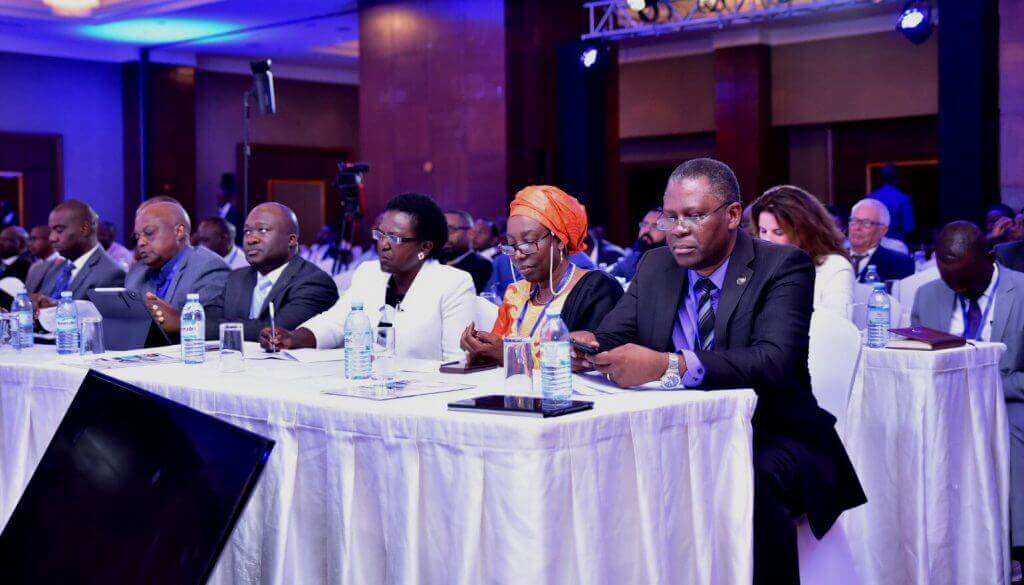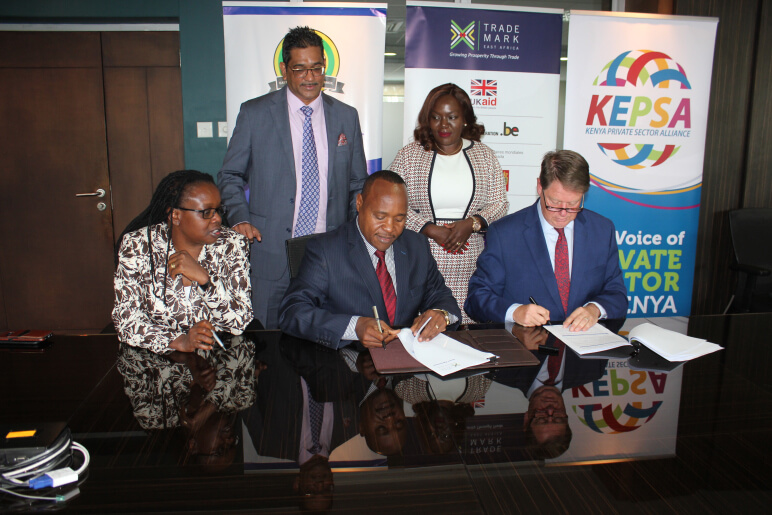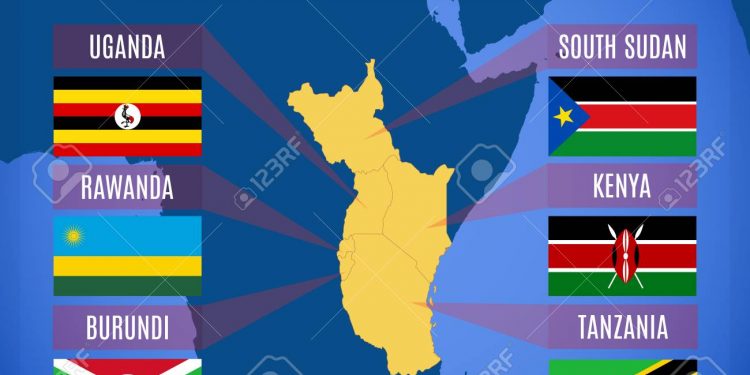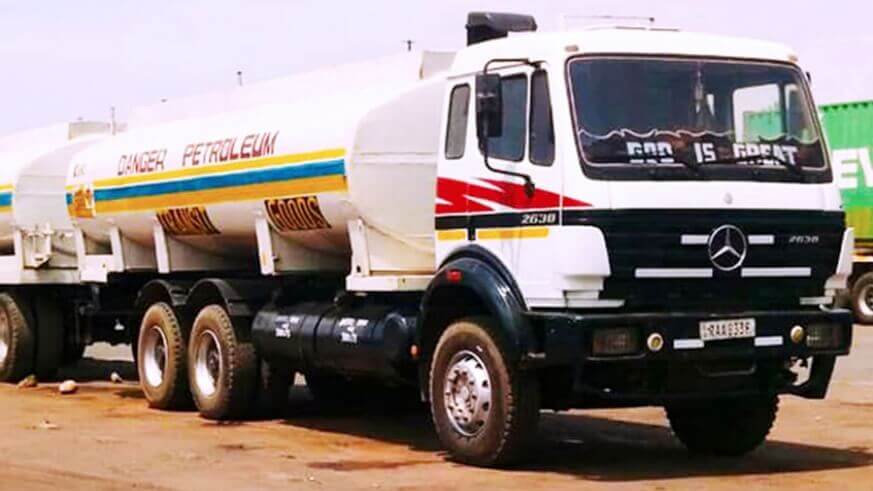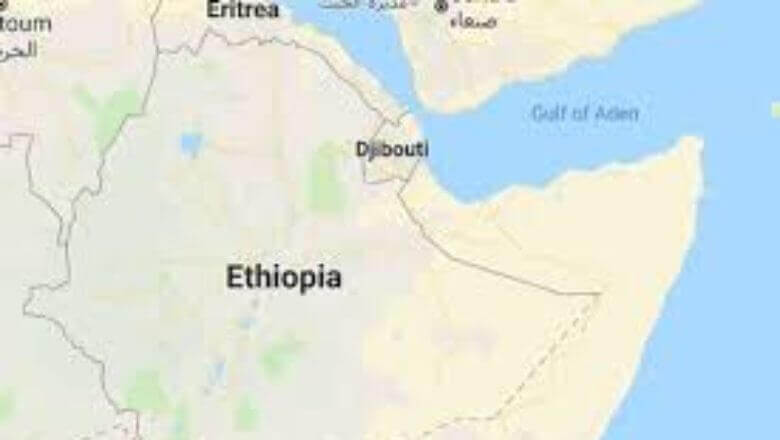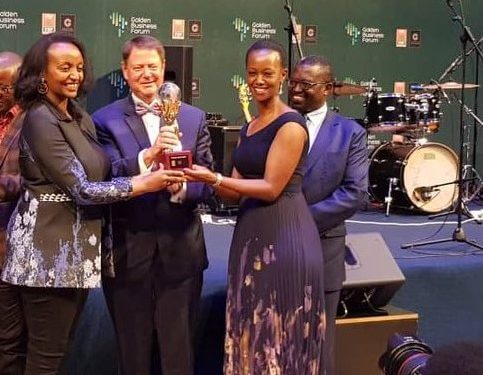August 23—The regional logistics industry has been asked to work closer together in ways that will strengthen and increase efficiencies as leading French firm, Bolloré Transport & Logistics hints of building a new cargo handling complex in East Africa. “I am challenging the experts in the logistics industry to come up with feasible solutions that will improve the sector’s performance index ranking in the region,” Monica Azuba Ntege, Uganda transport minister told the Regional Logistics Expo forum on Thursday. The logistics industry includes customs clearance, freight forwarding, warehousing, transportation, port services and air cargo. Earlier this month, Philippe Labonne, deputy managing director of Bolloré Transport & Logistics said their strategy is to develop hubs in Africa. “We have identified eight of them, such as in Abidjan, where we are building an ‘aerohub’ so that goods can arrive by sea and be redistributed by air. It’s sort of confidential, but I can tell you that we’re looking closely at Nairobi, Kigali, South Africa,” he told the French publication Jeune Afrique. Azuba said Uganda has recorded mixed results in rankings for the movement of goods and services between 2007 and 2016. The country’s logistics performance index ranking jumped from 83rd position to 58th, however between 2016 and 2018, its rank dropped from 58th position to 102. Kenya is the regional hub with the biggest fleets and container facilities based in that country, arranged along the Northern Corridor route from Mombasa. According to a recent report by financial services firm, pwc, intra-trade in Africa...
Regional logistics industry asked to improve efficiencies
Posted on: August 28, 2019
Posted on: August 28, 2019

